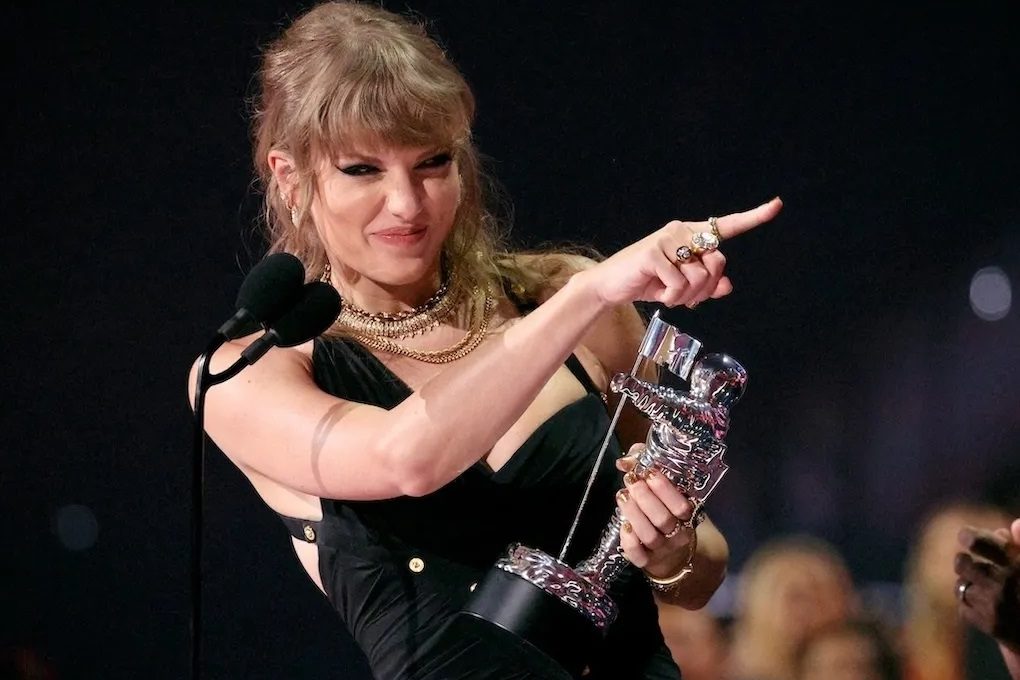My nemesis is a student at another university. She has not always been my nemesis. We were friends until I realized that she was not who she purported to be. Her interests had been systematically poached from the people around her. Talking to her always felt like an interrogation from a particularly insecure detective.
Real feminists know that empowerment comes from defining the breadth of your own animus
She mined me constantly for pointers on speed-reading and language-learning. Rarely did she actually follow my advice, especially when it required resourcefulness and hard graft. The final straw came when my nemesis inquired, out of nowhere, about my career plans. “Thanks,” she said when she’d finally managed to file them down to a single job title. “I’ll look into that.” Like Bette Davis’s character in All About Eve, I was being usurped by a grasping wannabe. “It sounds like you’re being ambiguously stalked,” said a more trustworthy friend. I blocked all of my stalker’s accounts online. She said I was being insane. That, I thought, is in the eye of the beholder.
Women in their early twenties are not meant to have nemeses — we’re supposed to be having fun and finding ourselves, not setting traps for each other’s destruction. But we’re also told we should conceive of our lives as if they are books or films. “You have to start romanticizing your life,” says a voice recording that soundtracks a glut of TikTok videos. “You have to start thinking of yourself as a main character. If you don’t, life will continue to pass you by.” The idea is now a mainstay of online self-help. YouTube has been overwhelmed with multi-step guides to “becoming the main character.” Every protagonist needs a foil. Enter nemesis from stage left.
It’s considered anti-feminist to “pit women against each other,” even if their circumstances make them natural competitors. Current sensation Taylor Swift resorted to this argument in her Time “person of the year” interview because punters were weighing her tour up against Beyoncé’s. It’s a sentiment for people who can’t bear any mention of their own mediocrity. My nemesis has done much more for the advancement of women than Swift ever will. Real feminists know that empowerment comes from defining the breadth of your own animus. Where motivational platitudes fail, I am spurred on by schadenfreude. When I am early to rise, it is because of the thought that my enemy might already be awake. Sometimes I like to read the books she has marked as “Want to Read” on the Goodreads website before she’s had a chance to get to them.
“There is no female Mozart because there is no female Jack the Ripper,” said Camille Paglia. Artistic notoriety and perverse obsession occupy two sides of the same well-wrought coin. The female creatives with the strongest grip on the public consciousness seem mostly to loathe each other. Take Madonna and grunge songstress Courtney Love. In the early 1990s, Madonna managed her own record label and attempted to sign Love’s band. Love refused. “She has like this Napoleon thing going,” she said in an LA Times interview, “I could never deal with a boss that has never been fat.” “Who is Courtney Love?’”!replied Madonna, with practiced apathy.
In 1995 Madonna was halfway through an interview at the MTV Video Music Awards when Love stumbled up to her podium and pelted her with a compact mirror. This struck me, when I watched the footage back, as something that might have happened in Homeric myth. What may have been a simple spat gained epic proportions. Swift-footed Courtney triumphs over Madonna, who marshals the thunderheads.
A similar thing happened to Bette Davis and Joan Crawford, whose names are jointly synonymous with the word feud. Their reputations have changed completely since the 1930s. You’d be hard-pressed to find anyone under a certain age who knows Crawford as an adulterous shop assistant, or Davis as a Maugham heroine. Still the images remain, like prehistoric insects suspended in blocks of amber: Joan, on a break from beating up her teenage daughter, takes a tumble down the stairs thanks to a petulant Bette. Well-behaved women seldom make history.
This article was originally published on The Spectator’s UK website.


























Leave a Reply